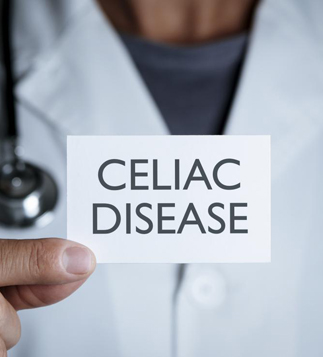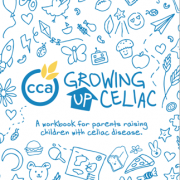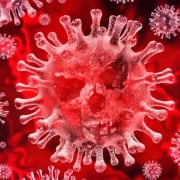Dr. Roach: Get Celiac Diagnosis Before Cutting Out Gluten
 Syndicated Medical Columnist offers three reasons to keep eating gluten before a diagnosis is made.
Syndicated Medical Columnist offers three reasons to keep eating gluten before a diagnosis is made.
- Dr Keith Roach, Times Colonist 1
Dear Dr. Roach: For several months I was having constipation, diarrhea, stomach cramps, dizziness and a general feeling of unwellness.
It got so bad that my gastroenterologist sent me for a CT scan and colonoscopy, which both turned out negative.
Finally, my daughter said, “Mom, I’m sure it is gluten intolerance.” Sure enough, in just a few days of staying away from gluten, I was feeling so much better. Now I don’t eat anything with gluten in it and I am fine.
Why don’t doctors suggest this to their patients? B.S.
Dr. Roach: There are three reasons I am cautious about recommending that people stop eating gluten without making a diagnosis first.
The range of symptoms a person can have with celiac disease is broad, from none (or almost none), to mild discomfort after eating, to the symptoms you have, to a life-threatening wasting away. The antibody testing we have now is much more accurate than it used to be.
So first, I recommend an antibody test while a person is still consuming gluten.
A positive test is recommended to be followed up by a small bowel biopsy, which is done via an endoscope. The antibodies can go away completely (and even the biopsy can become normal) on a gluten-free diet, so you can miss your chance to get a diagnosis.
Secondly, a placebo response from a major dietary change like going gluten-free can be powerful. I am glad you feel better swearing off gluten, but that doesn’t 100% mean that you are gluten sensitive. Over half of people diagnosed with nonceliac gluten sensitivity tolerate gluten when they don’t know they are getting it. Many people in this situation are sensitive to FODMAPs (fermentable oligo-, di-, and monosaccharides and polyols), which are reduced on a gluten-free diet.
Finally, maintaining a strict gluten-free diet is hard, and may not be necessary. I’m not sure whether you are just avoiding the most obvious sources of gluten, or whether you are compulsively reading labels, which is what a person with celiac disease must do.
- Dr. Keith Roach graduated from the University of California, Berkeley, with a degree in molecular biology. He earned his M.D. at the University of Chicago, and did his internship and medicine residency training there. In 2000, Dr. Roach moved to New York, joining the faculty at Weill Cornell Medical College and New York Presbyterian Hospital as an Associate Attending Physician and Associate Professor of Clinical Medicine. He has won every major teaching award offered by that institution. He also served as program director for the primary care internal medicine training program.
SEE ALSO: Medical Columnist Sticks Up for Celiacs. Gluten-free is not a gimmick!













